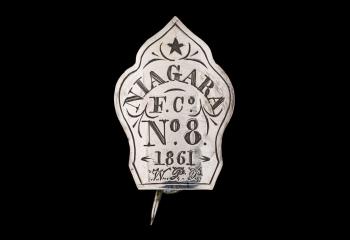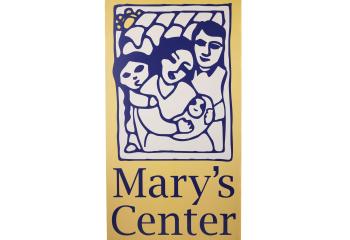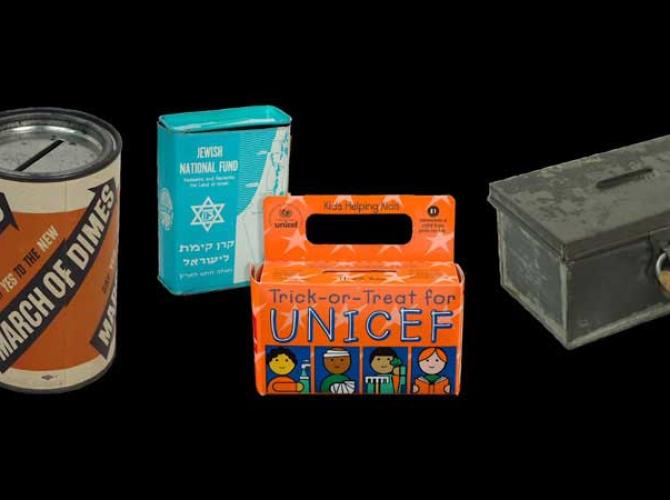
Welcome to American History
The museum's world class collections help tell the complex history of our nation. We are located on the National Mall in Washington, D.C.
Open today 10:00 a.m. – 5:30 p.m.
Free admission
Plan Your Visit
Open today 10:00 a.m. – 5:30 p.m.
Free admission
Racial segregation was still legal in the United States on February 1, 1960, when four African American college students sat down at this Woolworth counter in Greensboro, North Carolina. Politely asking for service at this “whites only” counter, their request was refused. When asked to leave, they remained in their seats. Their sit-in drew national attention and helped ignite a youth-led movement to challenge inequality throughout the South.

Stories
Objects from the Collections

In 1848, in the days before the first woman’s rights convention at Seneca Falls, New York, a group of women used this table to draft a declaration of rights for women modeled after the Declaration of Independence.

Dated to 1861, this badge likely belonged to William P. Perry, a bricklayer in Charleston, South Carolina. Perry was a teenager when he joined the Niagara Fire Company, an independent African American volunteer fire company.

This sign hung outside Mary’s Center, a Washington, DC,-based community health center founded in 1988 by nurse Maria Gomez, a Colombian immigrant, to serve pregnant Latina immigrants.
As the nation’s history museum, we empower people to create a just and compassionate future by exploring, preserving, and sharing the complexity of our past.

Featured Events
Dive Into Exhibitions

American Democracy
A Great Leap of Faith
American Democracy: A Great Leap of Faith explores the history of citizen participation, debate, and compromise from the nation’s formation to today.

The Star-Spangled Banner
The Flag That Inspired the National Anthem
This immersive gallery features the 200-year-old, 30-by-34-foot flag that inspired Francis Scott Key to write his famous lyrics.

The Price of Freedom
Americans at War
The Price of Freedom: Americans at War surveys the history of America’s military from the French and Indian Wars to the present day, exploring ways in which wars have been defining episodes in American history.
Meet Civic Changemakers
Donate Today and Make History
Help us to preserve, protect, and display America's historic treasures.
Donate Today












